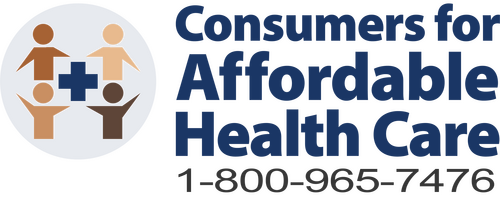
Task Force to Evaluate the Impact of Facility Fees on Patients Releases New Report
Recommendation seen as a step in the right direction to strengthen consumer protections in an effort to reduce medical debt
The Task Force to Evaluate the Impact of Facility Fees on Patients has released its report with recommendations to the Legislature regarding policies related to facility fee charges. The Task Force was established last year by legislation sponsored by Senate President Troy Jackson, LD 1795, An Act to Protect Patients by Prohibiting Certain Medical Facility Fees. The Task Force was made up of members representing hospitals, health care policy experts, consumer advocacy groups, and a member of the Senate and the House of Representatives. The Director of the Office of MaineCare Services within the Department of Health and Human Services and the Director of the Office of Affordable Health Care also served as non-voting members of the Task Force.
The report outlines several recommendations, including the introduction of legislation to:
- Require providers to notify patients prior to a scheduled service if they will be charged a facility fee;
- Prohibit a health care provider from charging a facility fee for telehealth services when a patient is not in a facility;
- Prohibit a health care provider from charging a facility fee for outpatient evaluation and management services, like office visits; and
- Establish a complaint mechanism for patients experiencing billing issues with health care providers, including facility fees.
All recommendations in the report were supported by a majority of the Task Force members, with some recommendations receiving unanimous support from all Task Force members.
“We hear from Mainers who were unknowingly charged facility fees after receiving health care services, including for routine, outpatient care, and even for telehealth visits,” said Ann Woloson, Executive Director of Consumers for Affordable Health Care. “We are encouraged by the work of the Task Force and the recommendations included in the report are a good first step for improving transparency and will strengthen consumer protections related to hospital facility fees. We hope the Legislature will now take action to protect Maine people by adopting these recommendations into law.”
A comprehensive survey of Mainers released by Consumers for Affordable Health Care last year showed that nearly half of all Mainers carry some kind of medical debt and that most medical debt is a result of a hospital bill. Other findings include:
- One in three Mainers struggled to pay for basic necessities, such as food, heat, or housing, within the past two years as a result of a medical bill. Among those who struggled to pay for basic necessities, nearly three-quarters reported they experienced this as the result of a hospital bill;
- Nearly one in three Mainers have been contacted by a collection agency about a medical bill within the past two years, of which more than 80% said the medical bill that was sent to collections was from a hospital; and
- Nine out of ten Mainers support strengthening and enforcing hospital price transparency rules and putting limits on what hospitals can charge.
###

